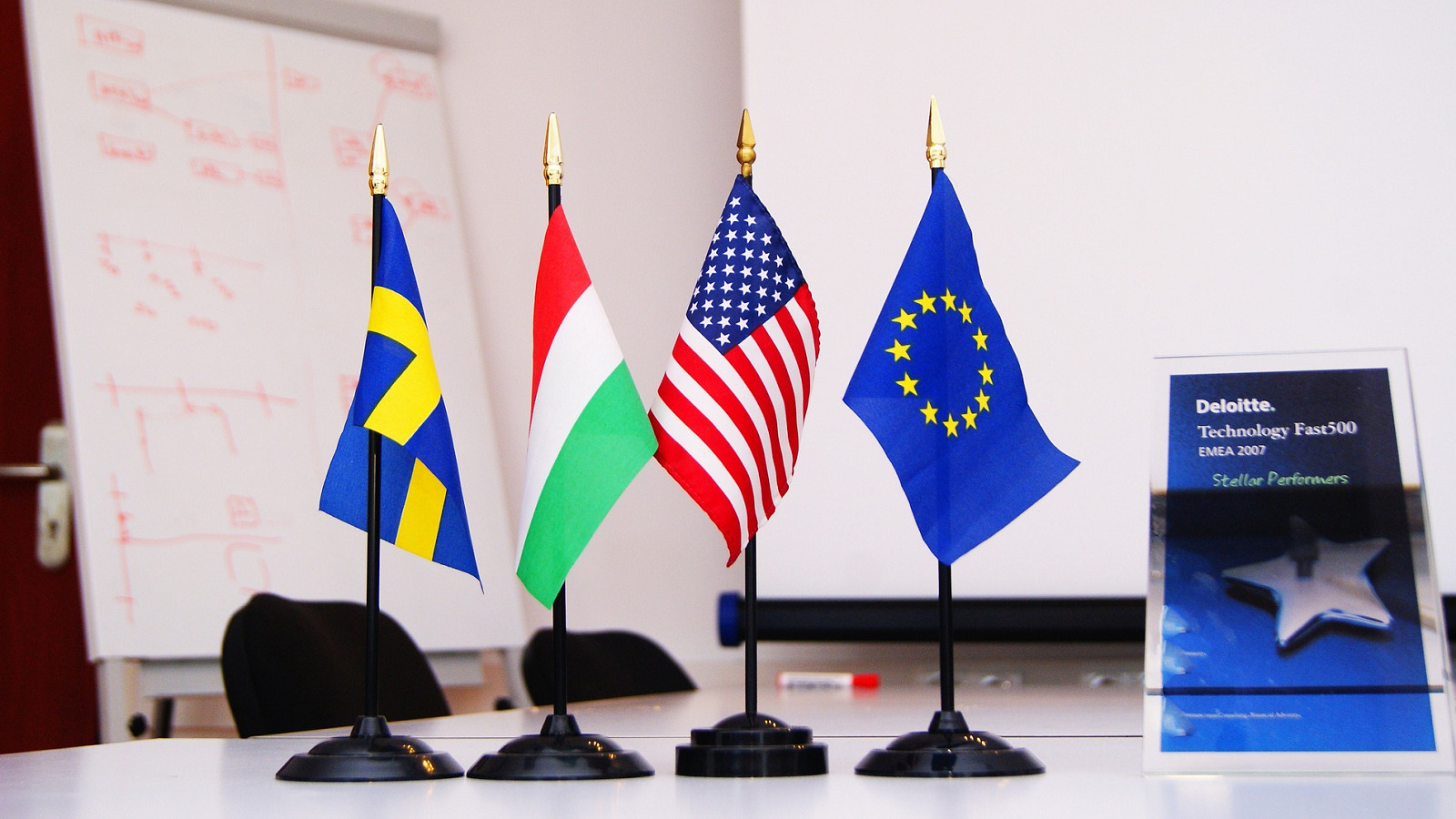
91% of foreign companies established in Spain increased or maintained their templates, and only 9% reduced them, compared to 2021 in which 12% of companies claimed to have reduced them. This is one of the main conclusions of the 15th edition of the “Barometer of the business climate in Spain from the perspective of the foreign investor”. The publication, carried out jointly by ICEX-Invest in Spain, Multinationals by Brand Spain and the International Center for Competitiveness of the IESE, includes the assessment and importance given by more than 720 foreign capital companies to the business climate in Spain.
The Barometer has been presented in a conference that has had the participation of the Secretary of State for Trade, xiana mendez; the executive director of ICEX-Invest in Spain, Elisa Garcia Grande; the president of Multinationals by Marca España, alvaro alvarez; IESE Director of Corporate Development, Natalia Centeneraand the associate researcher at the International Center for Competitiveness- IESE Business School, Maria Luisa Blazquez.
Xiana Méndez has stated that, given the current complex context, “Spain is in a more favorable economic dynamic than that experienced by the countries of our immediate environment. The foreign sector is being decisive in this positive evolution, since Spanish companies are exporting more than ever, with historical highs. In addition, foreign investments have provided us with excellent news in 2022 at a quantitative and qualitative level, with growth from January to September of close to 55% compared to the same period of the previous year”.
In this sense, the Secretary of State highlighted the deployment of European funds through the Recovery, Transformation and Resilience Plan that “includes an ambitious program of structural and legislative reforms aimed at address the main challenges of our country. Many of them directly affect the business and investment climate. These reforms are going to have a positive impact on the business climate that can be assessed, without a doubt, in the following editions of the Barometer”.
The investment and export forecast is maintained
In general, the investing companies confirmed a very favorable performance in 2021, although the closing figures for 2022 and the forecasts for 2023, although positive, are affected by the uncertainty of the international economic and political situation. In this sense, the results of the Business Climate Barometer in Spain for this edition have an average rating of 2.9 out of 5, one tenth below the previous study, although it remains above that obtained in 2020.
For 2023, the estimates of the investment and export trends of these companies remain significantly, although the number of companies is slightly reduced who think they will grow in turnover and employment.
A) Yes, 84% of the companies surveyed increased or maintained their investments in 2022, compared to 88% in 2021. By 2023, 84% of companies plan to increase or maintain their investments.
The billing prospects in our country they are the ones that most reflect the current complicated economic situation and future uncertainty. In 2022, 83% of companies increased or maintained their turnover in Spain, compared to 82% in 2021. However, in 2023, 20% of companies expect to see their turnover reduced, and the percentage of those that trust increasing it goes from 59% in 2022 to 49% in 2023.
As for job creation, forecasts remain positive for the year ahead, although the percentage of companies that plan to increase their workforces goes from 47% in 2022 to 36% in 2023.
Finally, regarding the volume of exports, 70% of the foreign companies surveyed export to third markets from Spain. The prospects are positive, although slightly lower than those of 2021. In that year, only 8% of companies decreased their exports, a percentage that will rise to 10% in both 2022 and 2023.
Infrastructures and human capital, well valued
The areas that have received the best valuation from foreign investors have been those related to infrastructures -specifically, airports, highways, telecommunications structures and services, ports and high-speed train-, followed by market size and human capital, of which they value the availability of qualified labor, with a university degree, and their learning capacity. For yet another year, these areas also coincide with those that receive greater importance when it comes to investing in a foreign country by those surveyed.
Among the least valued areas are, in this edition, the cost of electricity and other energy such as gas, diesel or gasoline, and transportation. Other weaknesses refer to aspects of the regulatory environment, such as the speed and efficiency of commercial courts and bureaucracy.
News: Ukraine invasion impact
In this edition, two questions have been included about the impact that the Russian invasion in the Ukraine is having on the results of companies. In this sense, the barometer shows that this has been high or very high for 50% of the companies and only 7% consider that the conflict has had a low impact on their activity. Regarding the influence of the war crisis on company management, the impact on energy costs stands out, mentioned by 88% of the companies. 56% of companies also consider that the war has had major consequences about the lack of supplies and that it has generated problems in logistics distribution, according to 41% of the managers consulted.
As in the last edition, it has been included in the report an analysis of the sustainability objectives of foreign companies in Spainconsidering the commitment to sustainable development, as defined in the UN 2030 Agenda, as a priority not only for the public sector, but also for more and more private companies.
According to the barometer, Spain offers foreign companies several factors that favor the development of sustainability strategies, among which the awareness of consumers and society and, especially, of the workers themselves, stand out. The responsible behavior of suppliers and customers are also factors that contribute to the proper development of these strategies.



